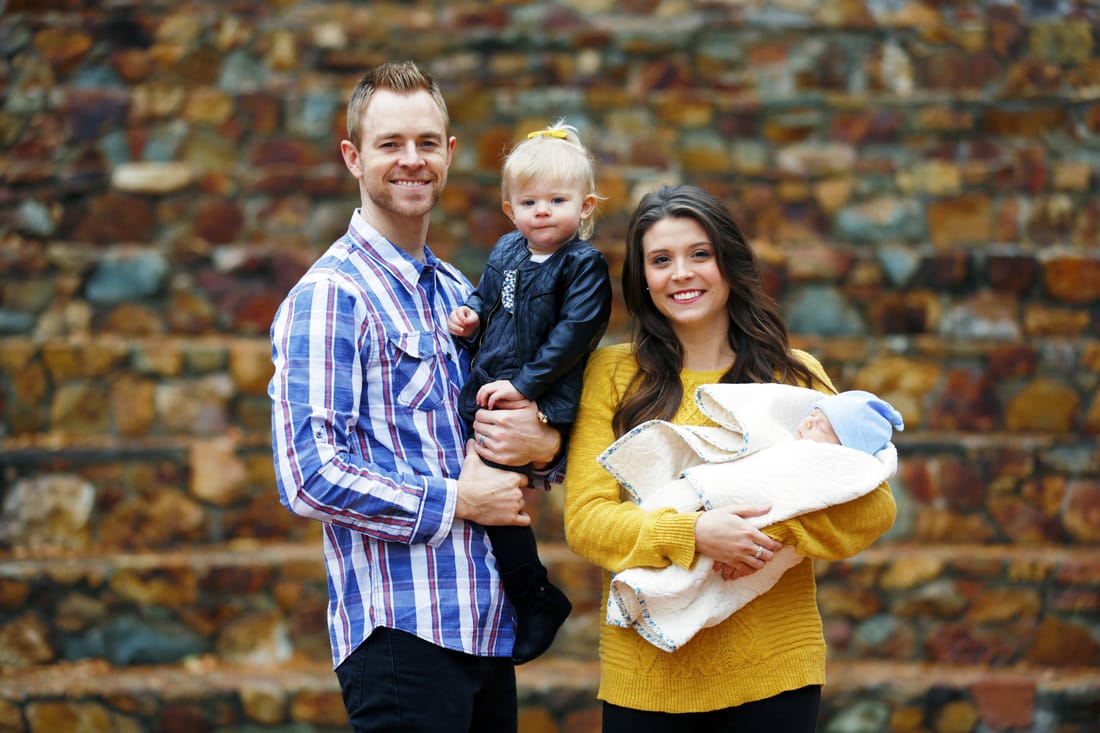|
You may recall from our earlier post, that your internal sleep clock is strongly influenced by our exposure to light.
You can let your internal clock know it’s almost time for bed by avoiding bright lights one hour before you plan on sleeping. Try to mimic what’s happening outside. Begin turning off or dimming lights. Avoid bright light that comes from electronic devices (it stimulates your brain, keeping you awake). If you still want to use an electronic device be sure to dim the screen. And remember, the more consistent you are the better. Click HERE for more sleep tips.
0 Comments
Your internal clock tells your body when to sleep by releasing melatonin and is strongly influenced by your exposure to light. Your body releases melatonin so you are naturally active when it’s light and sleepy when it’s dark. For this reason, when and how much you expose yourself to light becomes an integral part of setting a proper sleeping pattern.
Following the sun’s patterns is the best and simplest way to do this and was a lot easier to do before electricity was invented. Today we are constantly exposed to bright light after dark, which makes it difficult for our internal clocks to know when to sleep. For these reasons, it’s important to expose yourself to bright light during the day, (preferably natural light), avoid bright lights at least one hour before bed, and sleep in a dark environment. You can even use light to help alter your sleep schedule. If you are having a hard time going to bed at night, start your day with more light exposure (if possible natural light). Then end your day by dimming the lights in your house and avoiding light from electronics like TVs, computers and smart phones at least one hour before bed. For more Sleep Tips click HERE. |
About the AuthorLifestyleHealth12 was developed by Rich Millar (MPH, CPT) who received his Bachelor’s Degree in Dietetics and his Master’s Degree in Public Health and has over 15 years of experience in nutrition consulting, personal training, health coaching, employee wellness, and Health Care Administration. Archives
September 2018
Categories
All
|




 RSS Feed
RSS Feed
